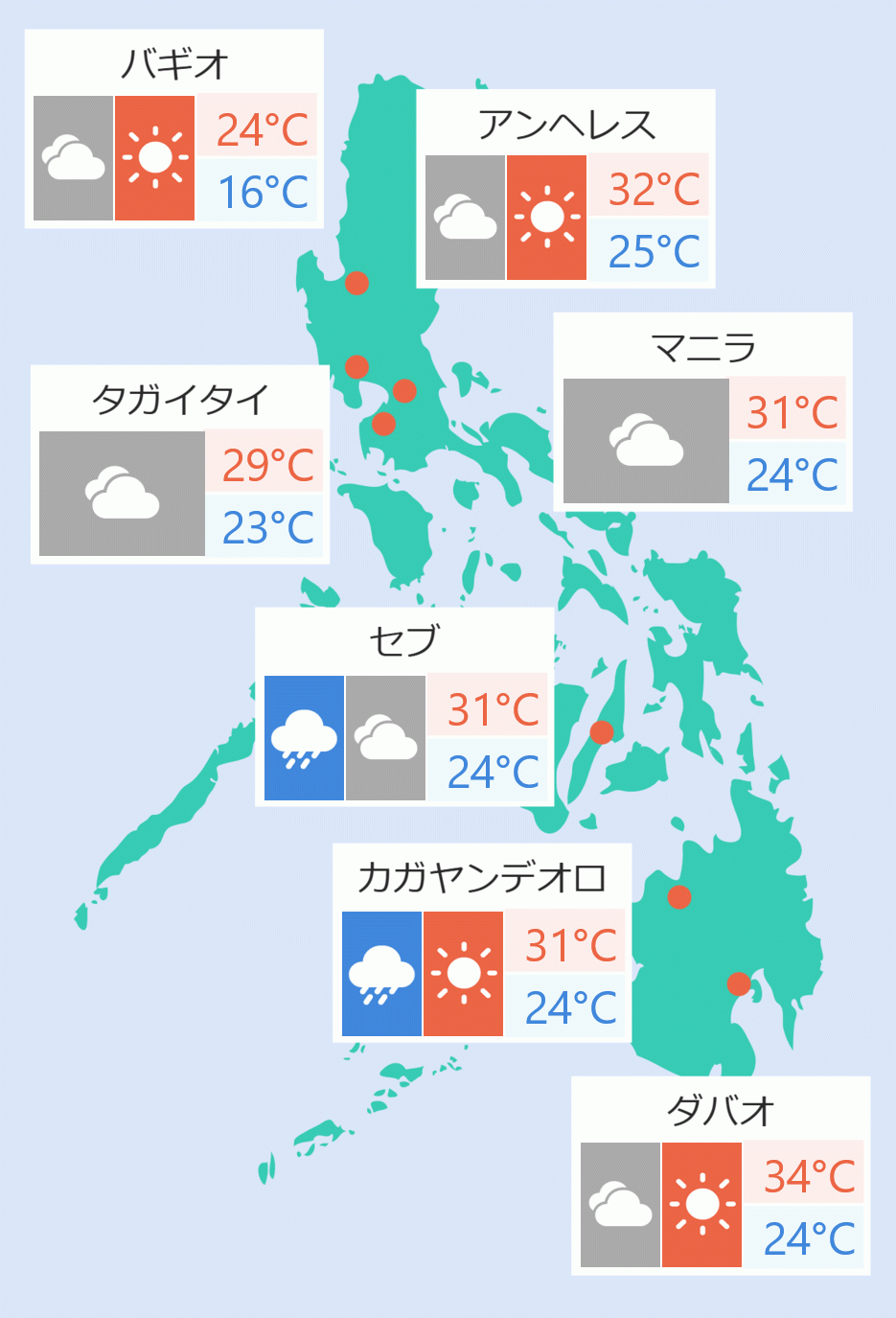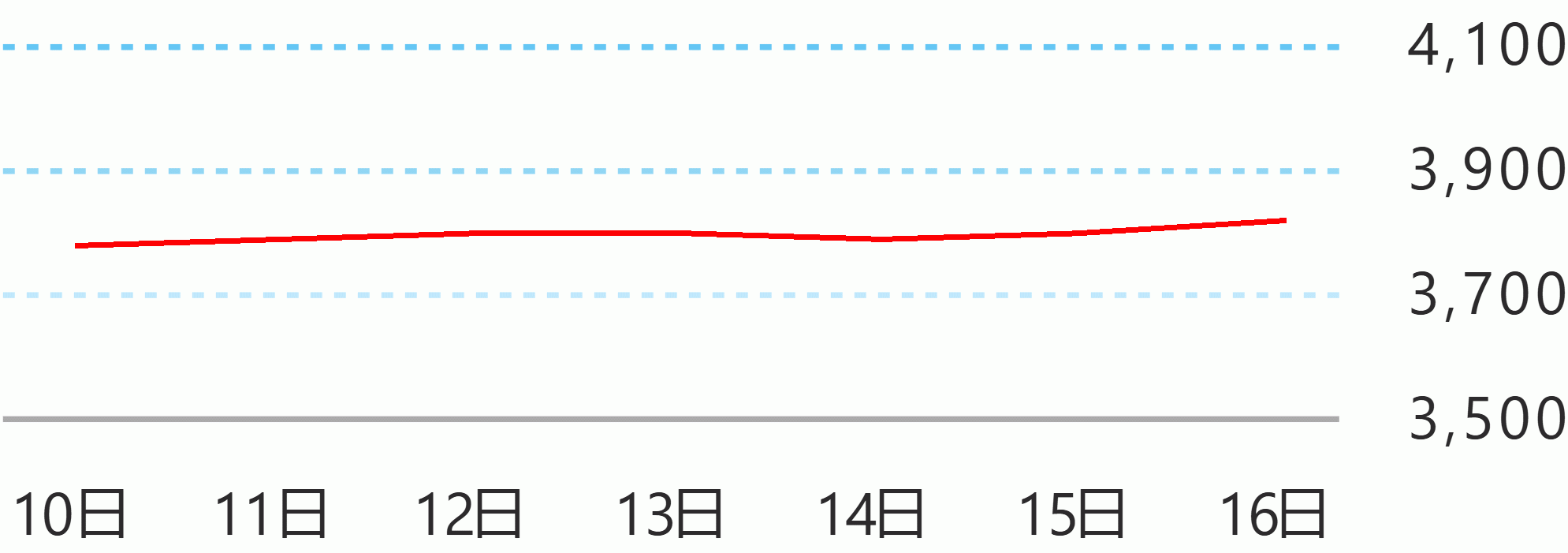Malacanang reiterated on Wednesday some individuals have been facing charges in court not because they are critical of the Duterte administration but they are "probably guilty" of the crimes filed against them.
Presidential Spokesperson Salvador Panelo made the statement in relation to the "matrix" involving some groups and media practitioners who were allegedly plotting to oust President Rodrigo Duterte.
"Compared to all administrations, the dissent during this leadership is the freest. No person has been haled to court on account of the individual’s exercise of the freedom of speech or by reason of one’s disagreement against the Administration or its policies," he said in a statement.
"Certain individuals are facing charges due to the presence of circumstances and facts giving rise to a reasonable belief that they are probably guilty of the crimes they are charged with but certainly and absolutely unrelated to their being critical of the Administration," said Panelo, also chief presidential legal counsel.
Among the known personalities critical of Duterte and his administration who are now facing charges in court are opposition Senators Leila de Lima and Antonio Trillanes IV and Rappler president and CEO Maria Ressa.
De Lima has been detained for her alleged involvement in illegal drugs when she was Justice secretary. She denied the allegation.
Duterte issued a proclamation, declaring as void the amnesty granted to Trillanes, a former mutineer, by the Aquino administration. His rebellion and inciting to sedition charges have been revived in court.
Ressa is facing cyber libel and tax evasion charges, among others in relation to being the executive of Rappler, which allegedly violated the constitutional provision on 100 percent foreign ownership on media entities. Rappler is critical of the Duterte government.
Recently, Panelo confirmed a report by the Manila Times written by Dante Ang, the publication's chairman emeritus and Duterte's special envoy for international relations, about the matrix containing the organizations and some media and legal personalities who were supposed to have been conspiring to oust Duterte.
The groups and names mentioned in the matrix, particularly the journalists, denied the allegation.
"The critics cry that the move to reveal the ouster plot was meant to stifle political dissent and opposition. The fact alone that critics and those in the matrix as well as the personalities or groups identified in the matrix are still vigorously voicing their adverse opinions against the Administration and even have increased their attacks a notch higher in this election season is eloquent proof that there is no stifling of dissent nor are their freedom to express their thoughts threatened," Panelo said.
He said it is the "constitutional duty" of the administration to report to the people the "presence of groups which are motivated to unseat" Duterte whom they have given the mandate to govern.
"The matrix was disclosed to the public for the ring leaders and their co-plotters know that we know, to put them on notice that pursuing their plan by committing overt acts punishable by law will open themselves to criminal prosecution," Panelo said.
"The revelation on the ouster plot is pursuant to the people's right to information. The people deserve to know that there are ouster plans against the leadership of their government. Article 3, Section 7 of the Constitution categorically provides that, 'the right of the people to information on matters of public concern shall be recognized'," he added.
But he acknowledged that the plot or plan was not yet actionable in court being just a conspiracy.
He explained that conspiracy is not a crime unless the law specifically classifies a particular conspiracy to undertake a project or actualize a plan as a crime.
Citing Article 8 of the Revised Penal Code, he said that conspiracy and proposal to commit felony are punishable only in the cases in which the law specially provides a penalty therefor. Examples of conspiracies which are punishable under the RPC are those conspiracies to commit treason, rebellion, insurrection, coup d'etat and sedition. Examples of proposals to commit a crime which need no overt acts but punishable under the Revised Penal Code are proposals to commit treason, coup d'etat and rebellion.
Panelo explained how Duterte was able to get hold of the information about the supposed ouster plot against him, resulting to the creation of a matrix.
While Duterte claimed that the information on the ouster plot came from a foreign source, it does not conclusively mean, however, that the information was originally obtained by the foreign country by an unlawful method that violates the privacy of an individual.
"The information may have been acquired by a Filipino citizen who shared the same to the foreign country which then transmitted to PRRD (Duterte) pursuant to the global policy of intelligence information sharing between countries," he said.
"It is also erroneous to speculate that the information was obtained through wiretapping or any similar device prohibited by laws as it could have been personally heard or witnessed during a conversation between plotters in a place where there is no reasonable expectation of privacy, which according to jurisprudence is not violative of our privacy laws."
"It could also have been heard by one of their colleagues who does not agree on the ouster plan, who then shared the information to another, who in turn also relayed the information from whom PRRD received it. The possibilities are endless," Panelo explained.
Panelo said the demand of those people named in the matrix to show proof of their participation in the ouster plot was not needed anymore.
"Such is totally unnecessary," he said. Celerina Monte/DMS





 English
English










